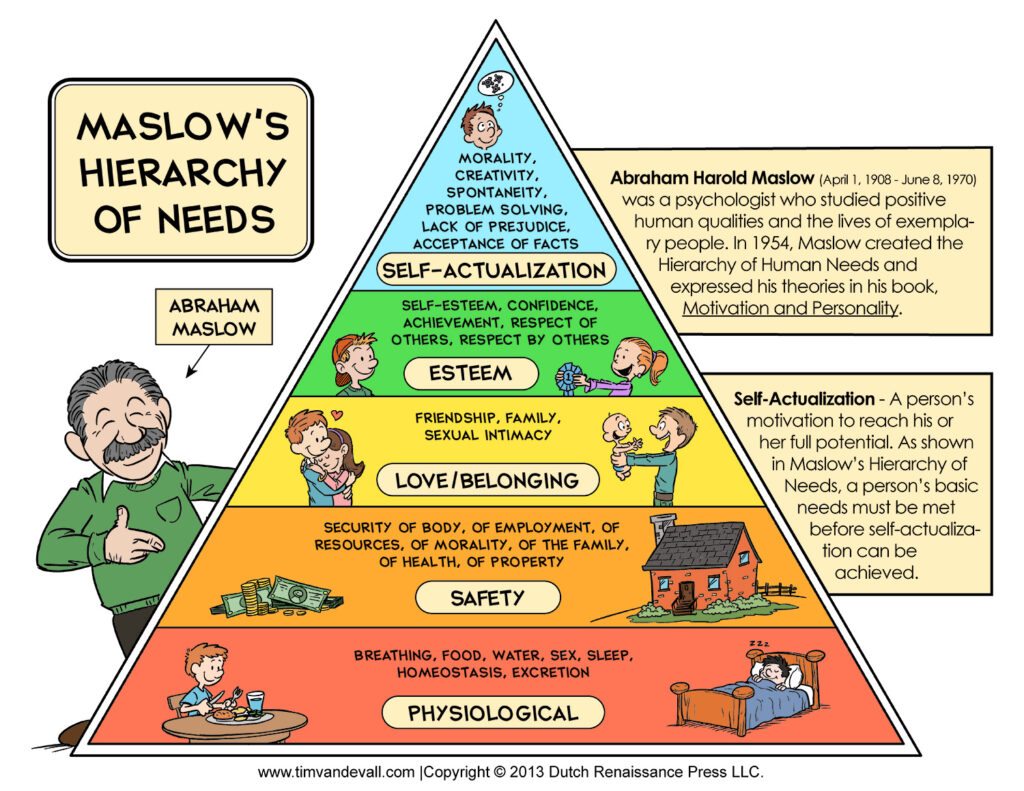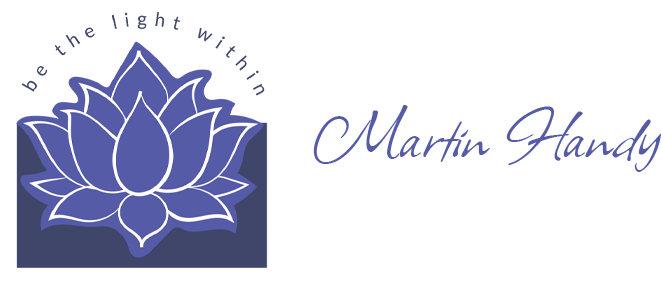Online & In-Person Counselling, Therapy & Supervision
The Critical Voice
Everyone has developed some form of critic in their personality. It can become very destructive when taken to extremes and can also have a very negative affect on your relationship with yourself and/or your relationship with others. We have all met people who are very critical of others and people who are very critical of themselves. We know what impact that can have on us with our own well-being. They can be very challenging people to be around. This level of criticism might be a short-term thing but can also escalate into very negative character traits.
So which type are you? Are you very critical of yourself or others?
Let’s look at the Self Critic. When one is stressed or burnt-out the critic can become more active. It will actually have very high expectations of your performance and will be the first to let you know when you haven’t hit the target. It will often turn around and tell you, ‘Look at that! You’re hopeless’. And then the emotions will take a dive – anxiety, depression, tension in the body. The perfectionist type is a hard task-master. It will compare you to everyone else and deliberately go looking for what other people have done that is far better than yours even if it isn’t and if there are some other people that have similar work. The self-critic has a built-in self-guided missile for anything that doesn’t hit the requirements. And when it does it let’s you have it afterwards.
Let’s take a look at the Outer Critic – the one that has everyone placed under the microscope – every action, everything they say. It’s like the guided missile is turned outwards for search and destroy. Did you see what they were wearing? How can this guy justify his salary? Is she for real? It’s a sure way of losing friends and keeping people far away. But it comes straight out, no bars. It can’t give anyone the benefit of the doubt and finds it difficult to maintain a positive relationship when that person hasn’t reached the stars. For some people the outer critic distracts them from the imperfections within. The very things that have been identified as weaknesses in the other person are there within to be beheld. It is just a defence mechanism built on avoidance of self-reflection.
These two voices or parts are very destructive of self-perception. Even the external critic is sometimes working against your own interests. Both types work against positive relationships with other people. They work towards minimising the potential of a ‘bad’ relationship. One of them criticises you – you’re not good enough to be this person’s friend/partner/colleague. The other one criticises ‘them’ – they’re not good enough friends, partners, colleagues. Both critics will accomplish their goal of making sure you’re on your own. For the critic you are safer that way.
So where do these critical voices/parts come from?
They come from the past. They might be an internalised authority figure – an abuser, a teacher, a neighbour, parent or relative. They have all the power and influence of the authority figure, usually from childhood/adolescence. Sometimes when you hear them, you might see or hear the authority figure but usually they’re characterised within your own identity and are not recognised as ‘not you’. As therapy progresses these voices/parts are gradually identified as ‘not you’ but echoes from the past – memories.
Alternatively these critics can be the critics of society or the establishment, an organisation or somewhere where you work or spend a great deal of time or have done in the past. People from minority groups are more likely to have a perfectionist internal critic because they have to work harder to counteract prejudice and discrimination. They might be more driven and have a will to succeed and work harder than the more accepted majorities. LGBTQ minorities are made to feel abnormal and ‘different’ because of their sexuality/gender. Even younger or middle siblings have an insecurity pattern depending on the achievement of their brothers/sisters. Corporations and businesses may practice very harsh standards of work in their organisations. Teachers often find themselves in performance meetings with agendas that are unrealistic and bullying. Abuse of power and individual personalities may be walked over and threatened with unemployment if they cannot reach expectations. This internalised authority can manifest as an internal critic (turned on oneself) or as an external critic (in order to avoid further harm from internal criticism and shifting to criticising externally to oneself).
It is a harsh world sometimes and these patterns of abuse and power can be internalised and turned within the self. Extreme situations can result in depression, anxiety, self-harm and suicidality. For people who manage their own criticism by turning it on others can then develop persecuting personalities and direct anger, aggression and sometimes worse at other people.
How can one recover?
Counselling, and self-counselling in turn, can help the individual identify where the internalised or externalised critic has come from. When the individual can see that the critic is a manifestation of the past, they can stop the past from affecting them and choose a different response or reaction – that of understanding, compassion, positive self-regard – ‘I am only human’, ‘I am doing my best in difficult situations’, ‘Maybe this workplace isn’t right for me anymore’, ‘I’m actually doing ok even if someone else doesn’t think so’. This kind of self-talk helps de-escalate the internalised or externalised criticism and the subsequent emotional responses like anger, depression and anxiety. Knowing where the voice was internalised from helps the individual enquirer know that this isn’t just about them and that other people or organisations need to look at themselves and not necessarily the one in the therapy. This can be an extremely powerful realisation in the process of therapy and lift a huge burden of self-blame and self-criticism from the enquirer.
Persevering with the counselling process, constantly identifying the causes and the new choices of behaviour and reaction to challenging situations and self-soothing by participating in relaxing and creative tasks, the enquirer can move through a transition. The enquirer stops beating themselves or others up and sees what is really happening within. They take responsibility for themselves, put the blame where it really lies and move forward to a life free of criticism and more of realistic self-assessment.
Journalling
In your journal reflect on some of the issues raised in this article. What issues jump out to you as relevant to your situation, experience and life story? Do you have an internal or external critic or a mix of the two? Now, try to map your life back into childhood and adolescence and see where an authority figure may have been internalised into your personality? What memories are triggered? If some issues are particularly painful you may need to talk about it with a trusted friend/listener or professional counsellor/psychotherapist. If you feel confident to explore this on your own in your writing then assess the effect of the past on your life back then as a young person and if it is still manifesting in your thought and feeling experiences. If it is then consider where you may have turned any blame and responsibility on yourself and if you need to redirect this back to those individuals or organisations, cultural or institutional, who are really responsible. Then find better ways of talking to yourself and moving forward with more healthy ways of being, speaking and doing.
Inner reflection, looking back at what happened and who was really responsible can very much shift any harsh or judgmental attitudes towards yourself and others. It can lift a very dark cloud. If someone has treated you badly in the past it may also trigger anger and injustice. These are very important aspects of your life experience to name and move forward with. In some cases redress may be required. In other cases acceptance and moving on is another. You may need to navigate through this with a trusted friend or professional counsellor to help you make sense and move forward. Injustice is hard to swallow on your own sometimes and may lead to further destructive behaviours towards oneself or others. Remember, you are only human and you have to work through these experiences knowing you have support networks and self-soothing strategies to work through painful memories such as sports, music, art, hobbies, yoga, Tai Chi and talking therapies like The Samaritans (116 123).
Beating up yourself and others is a coping strategy to manage internal pain. Counselling (with friends, family or a professional) is a way of seeing what that pain is and then working with it in a positive and healthy way so you can be more positive, happy and satisfied in your life.
©Martin Handy 2018
We all have needs and these needs help us achieve happy and productive lives. Clients can explore these needs using the following four models of human needs:
Epstein (1990) presented four basic needs:
- Need for Orientation, Control, Coherence (consistency principle)
- Need for Joy
- Need for Positive Attachment in Relationships
- Need for Self-Esteem Enhancement and Protection
Panksepp & Biven (2012) present the seven basic emotional systems/instincts:
- Seeking
- Caring
- Play
- Lust
- Fear
- Panic-Grief
- Rage
Maslow provides his hierarchy of needs:

Alfred Adler puts forward his three social goals:
- Need for social responsibility between self and others
- Need for a profession, occupation and contribution to society
- Need for love and partnership in a relationship
Counselling helps us work towards the self-actualisation of our needs and goals.
I offer counselling in-person but most clients prefer working online and so these suggestions below help clients get the most out of their online counselling.
Online Counselling
I offer online Counselling, Hypnotherapy and Shadow Work Coaching Online via Zoom.
Occasionally there may be situations when broadband is disrupted and the connection is broken. If this ever happens please call my landline to continue the session. Please do not call my mobile number as mobile coverage can be difficult sometimes due to the area I live in. While we continue the session on the phone we can resume the video call when we are reconnected.
I can manage privacy my end and make sure no one can overhear or interrupt us. However, you are responsible for maintaining privacy your end. Please make sure you will not be disturbed or overheard and that you feel comfortable to explore issues without compromising your own peace of mind at home. Some clients choose to find another location to have their online call and this can give them a sense of space and privacy to make the most of their sessions. If you are disturbed or interrupted by someone have something prepared that you can say or do in order to resume our meeting and privacy.
Please remember that online working may not always be confidential due to the nature of the individual policies of Zoom and other providers. Data may be stored on your device making it possible for other people to know you have been online. Some clients may not want their families to know they are having any form of therapy so please bear this in mind when choosing online therapy.
TIPS FOR EFFECTIVE ONLINE WORKING
I provide a number of tips to help you have the best online experience:
- Close all other applications like email, notifications, web browsers and social media when we are online. This maximises bandwidth so audio and visual quality is maintained.
- Try to ensure that I can see your face and shoulders and that the picture is clear and still.
- Make sure the device is still and not moving around as moving the device can be distracting and connections might be disrupted.
- Please keep your mobile phone, message and email notifications switched off as this can be tempting to read and answer.
- If audio is difficult to hear please use headphones. This can enhance the session and help avoid distractions and disturbances.
- If for some reason the connection is broken we try to resume the connection as quickly as possible. If it is not possible to reconnect it is important to call my landline. During this time I will try to resume the online call when the technology permits.
- Please dress appropriately.
- Drinking alcohol or smoking during the session is inappropriate.
If you would like to link up with Zoom you will be sent an email with the link. If you would like to download Zoom Client For Meetings to your device then click here.


